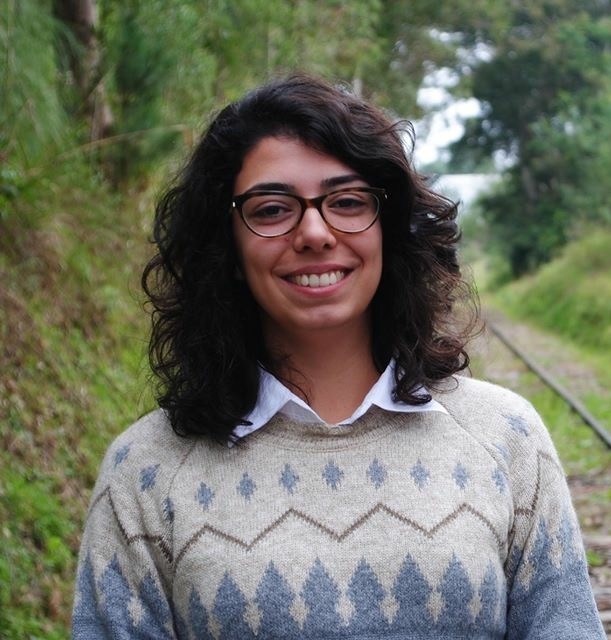By studying translation history, we observe that, since the beginning of communication, translation is a necessary resource for the flow of the economy, culture and knowledge of the world. Translators helped in the creation of alphabets, the development of national languages (with neologisms and borrowing words from other languages), development of cultures and more. Even though practice of translation is ancient, its area of study is rather new, in comparison with those like philosophy, mathematics, etc.
Translation may be present since the beginning of civilization, but it is only now that it is structuring itself in order to support and give rights for translators. Despite achieving a lot over the years with globalization and the internet, we still lack support from each other as professionals. Translators are used to work alone, and, as an emerging professional field, we still have a lot to learn about how to work together and how to make connections inside the professional space. We can observe necessary characteristics to achieve that in the behaviour of the ants.
Ants are not very capable when working separately, but working together, they achieve things that alone would be impossible. Together, they can form an island and float in the water or hike each other and create a ladder to reach a higher place, and together they grow and triumph. The ants work with reciprocity and mutual benefit, those are the characteristics we need to take the translation industry to the next level. With that in mind, team work and networking are essential expressions for our daily routine.
As freelancers or even full-time employees, we need to have strong connections, so launch yourselves in the industry, talk to people, build a relationship, and deepen this relationship, now, more than ever, we need to explore our social skills to build bridges for the future. The translation industry is immediate, every job is for yesterday and if we want to maintain our contacts, be it with other translators or clients, we need to maintain certain quality level.
Idealistically, networking would imply a faster performance and maintain the quality of the translation by using other translators, national and international, as resources. I believe this is what modlingua is trying to create, an environment where we, as translators, can grow together, share experiences and build a globalized network. Translators working alongside each other from around the world to provide a better service for our clients.
Writer Letícia Carvalho is Brazilian Portuguese and English Language and Translation Intern at Modlingua, India's No1. certified translation and Language service providers based in New Delhi





 By Letícia Carvalho
By Letícia Carvalho